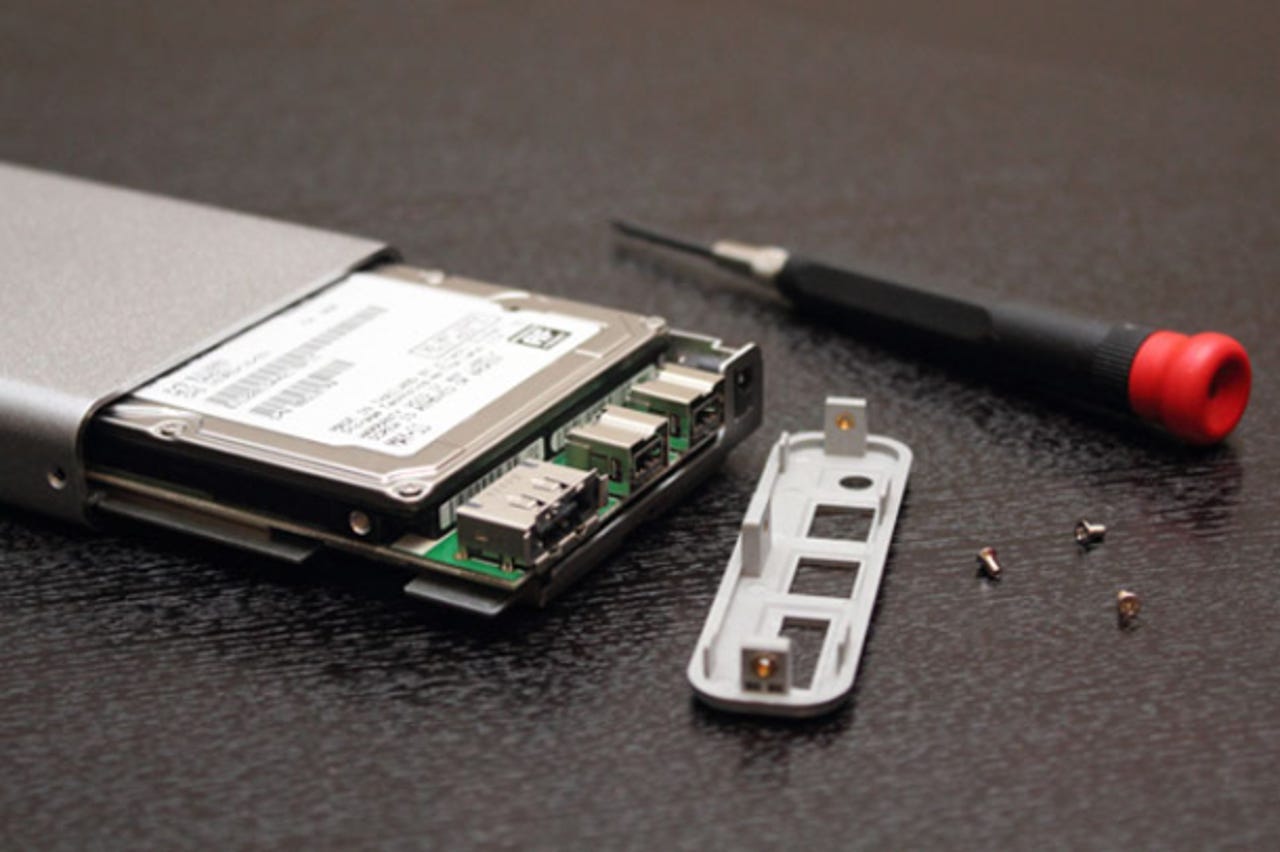U.K. gov't thought, naively and stupidly, destroying hard drives would prevent NSA leaks

Intelligence may have won the British (yes, that's me) the war, but the U.K. government isn't winning any awards for being ahead of the curve this time around.
Sit down, if you're not already, because this one is a corker.
In a blog post on Monday night in London, Guardian editor Alan Rusbridger described in detail how officials from the U.K. government raided its offices in the capital and destroyed computer equipment and hard drives, which at the time were thought to contain information leaked by former U.S. National Security Agency contractor Edward Snowden.
Rusbridger published the post just hours after the news broke that the partner of Guardian columnist Glenn Greenwald, the journalist who reported the leaks, was detained at London's Heathrow under Section 7 of the U.K.'s Terrorism Act for nine hours.
The reason Greenwald's partner, David Miranda, was allegedly stopped was because, according to the Guardian editor, while he "is not a journalist, but he still plays a valuable role in helping his partner do his journalistic work."
Fair enough.
But the crux of his post focused on the time, about two months ago in June — shortly after the time the paper began to publish the leaks — that a "very senior [U.K.] government official" claiming to acting on behalf of the British Prime Minister, demanded the return of all the information that Snowden had leaked to the London-based newspaper.
The paper had two options: "Hand the Snowden material back or destroy it," Rusbridger said, citing the shadowy Whitehall figure: "You've had your debate. There's no need to write any more."
While the editor did not directly mention the words "cloud," he hinted that most of the reporting had been conducted out of New York in collaboration with London, and Greenwald and his partner lived in Brazil, far away from the hands of the U.K. government.
But the government man was "unmoved." He ordered in two government security experts from the third intelligence agency, GCHQ, who were tasked with, "overseeing the destruction of hard drives in the Guardian's basement just to make sure there was nothing in the mangled bits of metal which could possibly be of any interest to passing Chinese agents."
The newspaper's editor described it as "one of the more bizarre moments in the Guardian's long history."
But you would think in this day and age, after centuries of democracy, that the U.K. would be a safe haven for journalists and free speech activists. Quoting the Guardian editor:
I strongly suspected that our ability to research and publish anything to do with this trove of secret material would be severely constrained in the U.K. America, for all its own problems with media laws and whistleblowers, at least has press freedom enshrined in a written constitution.
This is little surprise, really. I penned a piece for our sister site CBS News in October last year, following a case where a U.K. man was jailed over the contents of a Facebook status. The case itself aside for a moment, there were serious implications for free speech of citizens and journalists alike in the country.
I noted that the British press, which as a British resident at the time I was also covered under U.K. law, was unable to report on certain facts relating to similar cases for fear that I could face contempt of court charges.
While the British press was legally unable to publish, broadcast, tweet or mention the names or facts, despite the argument that it was in the public interest to do so, foreign media agencies were able to report on-the-street common knowledge while Britain could do nothing.
The U.K. does not have freedom of speech, unlike the U.S., with its First Amendment constitutional rights. It has official secrecy laws, unlike the U.S., and newspapers and bloggers alike can be prevented from publishing certain facts.
Rusbridger posted the frank account of what happened in a bid to display how the "threat to journalism is real and growing."
The paper will continue to report on the Snowden leaks, he wrote. "We just won't do it in London."

